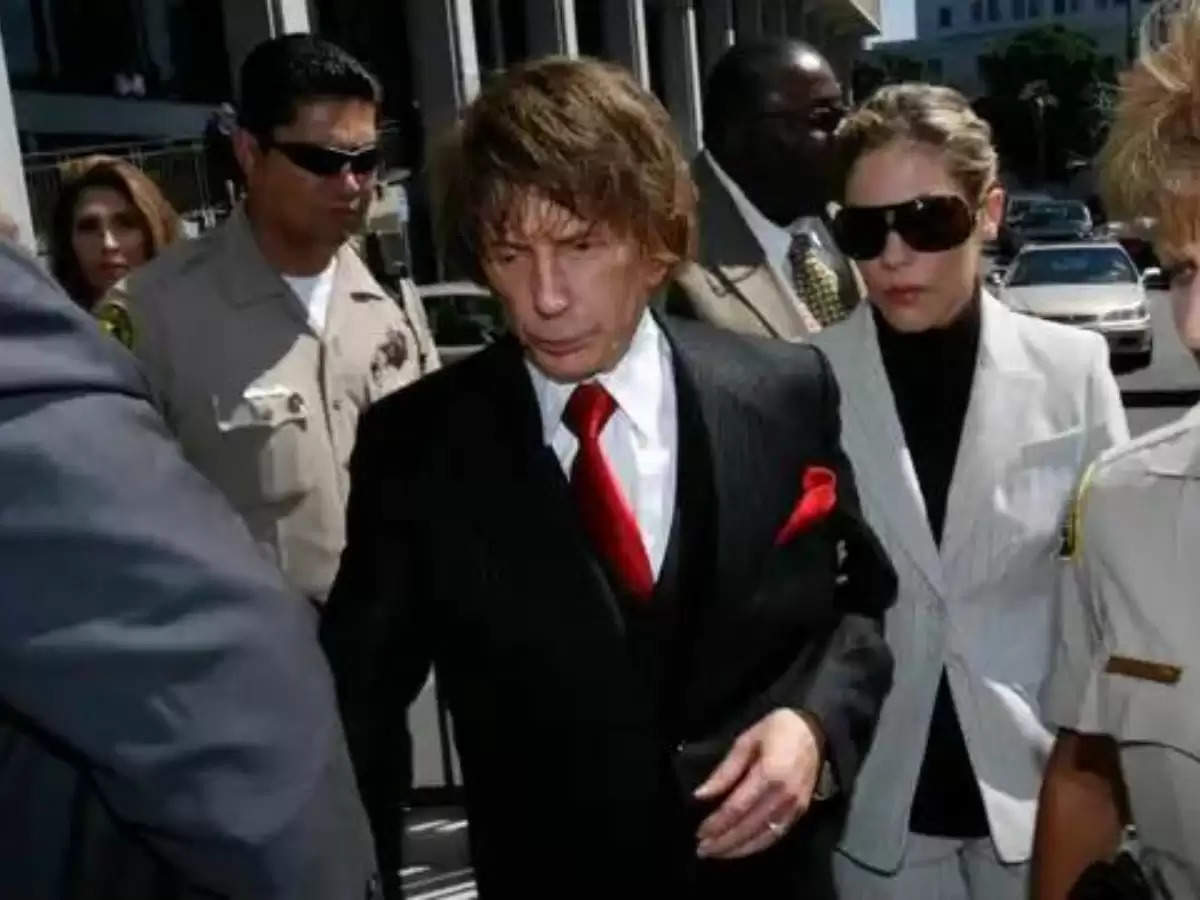'You're a character in their world': The impossible task of a Hollywood personal assistant

Times of discover News: It sounds like a dream job: working as a Hollywood celebrity's personal assistant, immersing yourself in a rarefied world of movie sets and production meetings and A-list parties and, who knows, climbing a career ladder so high in entertainment that you might find your own.
Sometimes, it's exactly that. Winona Ryder's former assistant, Sibi Blazic, became a stunt driver and married Christian Bale. Kevin Spacey's former assistant, Dana Brunetti, has become an Oscar-nominated producer.
It's also common, however, for young people to find themselves in jobs with no hours, few limitations and little protection from the whims and fantasies of their employers. They might be asked to perform impossible tasks, like preparing food from a restaurant thousands of miles away, or they might be subjected to verbal or sexual abuse. Sometimes, they are asked to break the law — for example, to obtain illegal drugs — and feel unable to refuse for fear of being wiped out by the industry or fired.
The powerlessness of the job helps explain Hollywood's anxious reaction to Matthew Perry's former assistant Kenneth Iwamasa, who was investigated for his role in the actor's death in October and accused of "causing his death," pleading guilty to a charge of "conspiracy to distribute ketamine," a charge that carries up to 15 years in prison.
At first glance, the details of Iwamasa's actions seem pretty disturbing: According to court documents released last month, he helped Perry obtain ketamine from various sources and give it to his boss, including a fatal dose of the drug on October 23. Perry told him to "give me a big injection," which he did, according to the documents.
But one question the indictments don't answer is whether Iwamasa felt she had a choice. Many Hollywood heavyweights have sympathized with her plight, because they know how it works for the person who has all the power in the relationship and you don't.
In the words of one music industry veteran who has advised many attendees trapped in abusive workplaces, who wishes to remain anonymous, to keep them and those around them safe: "Emotionally, physically, mentally. Visually, you're immersed in it. That is, you're a character in their world; they're not a character in your world." This sentiment was expressed by Rowena Chiu, a former assistant to super-producer-turned-rapist Harvey Weinstein, who wrote in the New York Times: "As an assistant, you're in a dual position: You have almost no power, yet you take on a disproportionate amount of responsibility. Basically, the attendants are not your bosses." Very few assistants face criminal charges, even when the celebrities they work for die under suspicious circumstances or are suspected of committing crimes themselves. But several assistants have come close. Michael Jackson's last personal assistant, Michael Amir Williams, had just driven the pop idol home after a 2009 concert rehearsal and was not coincidentally with him when Jackson's hired doctor, Conrad Murray, gave him a lethal dose of the anesthetic propofol, which he took as a sleeping pill. Williams attended Murray's trial not as a co-accused but as a witness, and told the jury that Murray called him in a panic and told him to "call someone here immediately."
Phil Spector arrives in court for trial
Phil Spector's assistant was lucky not to be at his home the night he shot and killed Lana Clarkson in 2003. Photo: Gus Wheels/Reuters
Phil Spector's assistant Michelle Blaine was also lucky not to be home the night he shot and killed Lana Clarkson, the host of the House of Blues in West Hollywood, in 2003 and drove her home. Blaine later explained that she would "have to see" Spector in the coming weeks and resist several marriage proposals, which she suspected was a way for Spector to ensure she would not testify, since his wife could not be forced to testify against her husband. Ultimately Blaine did not testify at any of Spector's trials.
Typically, assistants are very involved in their boss's world and defend them even when the rest of the world presents them in a more negative light. When actor Robert Blake was tried for the murder of his wife in 2005, former assistant Darrin Goodall undermined a key part of the prosecution's case - he hinted Blake committed the crime by vomiting the night his wife died. Goodall testified that Blake "always" vomited after eating - "in the gutter or the grass" - and there was nothing suspicious about it. Blake was ultimately acquitted.
